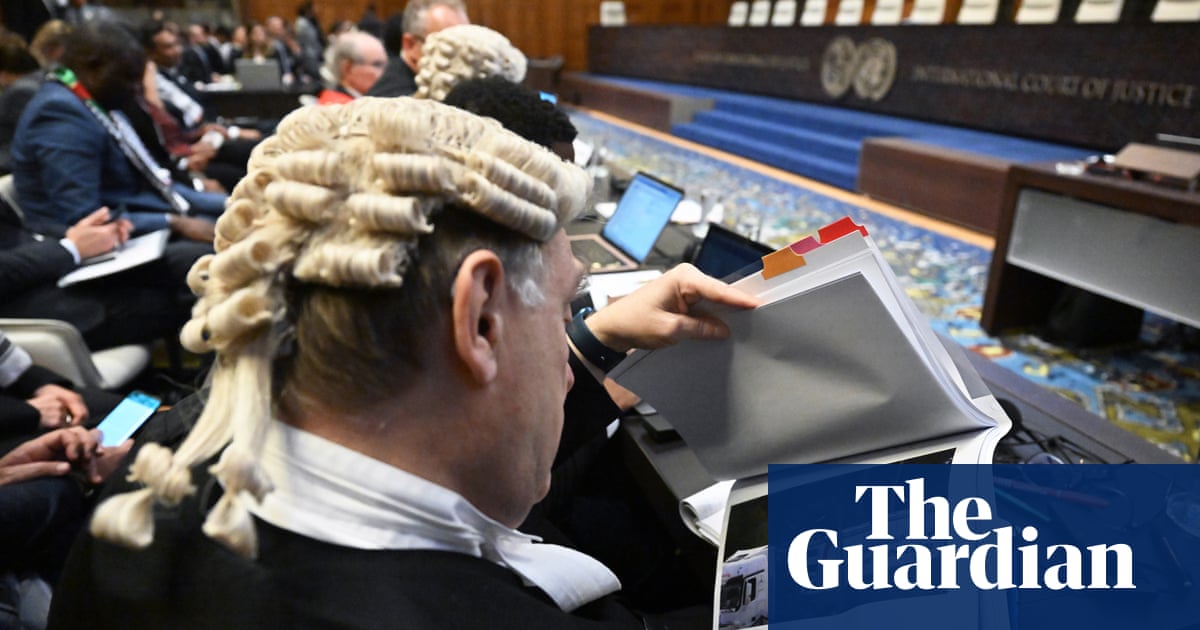
Imagine arriving in the UK to seek asylum today. You are confused, terrified and traumatised by the events that led you to leave your home country. Your journey here likely involved breathtaking risks and unimaginable abuse. You probably found out the hard way that for you there is no such thing as what the government calls a “safe route” for refugees to the UK.
You are locked up on arrival and told you may be relocated to Rwanda. You are released here, but shackled with a bulky ankle tag, and told you are now subject to GPS surveillance by the state, 24 hours a day, while on bail.
This is the welcome we provide to refugees in the UK in 2022.
As it stands, lawyers have issued proceedings on behalf of clients facing removal to Rwanda, delaying the first planned flight. Those cases will be heard in the autumn. But in the meantime, an immigration or asylum applicant can be detained without time limit. And those granted their liberty are subject to immigration bail, which can require them to submit to invasive electronic monitoring.
GPS surveillance was first used as a means of monitoring those on immigration bail in 2021, first via ankle tags but with plans to introduce devices such as smartwatches from this autumn. This monitoring makes it possible to obtain a complete history of where a person has been and when, minute by minute, 24 hours a day. The data collected can construct a nuanced picture of a person’s habits, religious and political beliefs, relationships and health issues, as well as the private lives of people the person interacts with. It is an invasive tool – and for those fleeing authoritarian regimes or suffering the effects of trauma or poor mental health, the intrusion can be particularly distressing.
The Home Office can access all the information, unfettered, upon a suspected breach of immigration bail, such as the device running out of charge or the wearer failing to report to the Home Office at the time specified. Government guidance says that it may be used without the person being informed, for purposes that extend beyond bail enforcement, including to inform immigration applications. And the data may also be retained for many years, long after the device has been removed.
Charities have been sounding the alarm about this practice since it was introduced. There is significant concern about the lack of safeguards in place, the reliability of the data and the poor battery life of devices. It is a condition of bail that the devices do not run out of battery, but many fail to retain charge and can malfunction, triggering false alerts of breaches of bail – a serious matter that can lead to arrest, re-detention, a fine or even criminal prosecution. The independent chief inspector of borders and immigration found that almost 70% of breach reports had been for battery problems. His conclusion? Tagging “cannot yet demonstrate it is achieving” its aims. Our firm and others have now issued court proceedings for clients challenging the legality of the GPS regime.
The limited number of tagging devices available to the Home Office acts as a practical constraint on the practice to some degree. Home Office guidance on bail states that priority is to be dictated by the level of risk of harm to the public. It is perhaps a reflection of the government’s commitment to the Rwanda plan, then, that in June the Home Office announced that electronic monitoring would be applied to asylum seekers who have committed no crime, but who have been identified for a possible removal to Rwanda.
The UK’s intake of asylum seekers remains modest at best (as ever, it is developing countries that continue to host the overwhelming majority of the world’s refugees). Twenty years ago I worked with detained asylum seekers held in a former army barracks in Cambridgeshire. At that time, the number of asylum claims was rising, and the “bogus asylum seeker” loomed large in the rightwing press. It was a Labour government that introduced the detained “fast-track” system in which asylum seekers were detained, despite having committed no crime, in order to have their claims determined. It was also Labour that introduced the automatic deportation regime in 2007 – for my money, one of the toughest pieces of legislation on the statute books.
Policy in this area has for too long been propelled by the need to be seen as tough on immigration, with the Rwanda plan and GPS surveillance sitting at the more extreme end of that spectrum. In my 20 years of practice, neither of the two largest parties have found a way to hold a mature debate on this subject. It is beyond disappointing that the rhetoric has remained stuck in this loop for so long when the human cost of this political failure is so great. We need to have a conversation that treats the fundamental rights of individuals who happen to be migrants as worthy of the same respect as the need to control our borders.
Until then, as lawyers we will continue to do our job and protect our clients from the worst excesses of the state, as we are duty-bound to do.
Janet Farrell is a partner at Bhatt Murphy solicitors












